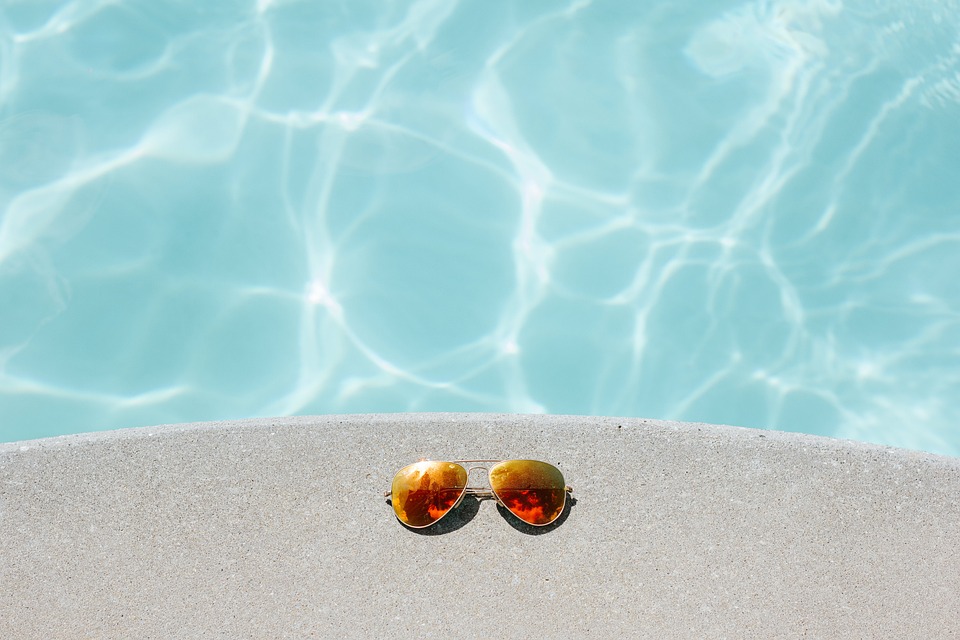
Swimming is a popular and refreshing recreational activity that provides numerous health benefits. Whether you are swimming for leisure, fitness, or competitive purposes, staying hydrated is crucial for your performance and well-being in the water. This article explores the importance of hydration while swimming and provides essential tips to ensure you stay afloat with water.
The Relationship Between Swimming and Hydration
When swimming, our bodies lose fluids through sweat and evaporation, just like any other physical activity. Despite being immersed in water, dehydration is still a concern due to the significant amount of energy and effort required to move through it. Failure to maintain proper hydration levels while swimming can result in negative consequences such as muscle cramps, fatigue, reduced endurance, and even heatstroke.
Water: The Best Hydration Source
When it comes to hydration, water is undoubtedly the ideal source. It is essential to drink enough water before, during, and after swimming sessions to maintain optimal performance and prevent dehydration. Water replenishes the fluids lost during vigorous physical activity, ensuring that your body functions optimally.
Pre-swim Hydration
Preparing your body for swimming starts with adequate pre-swim hydration. It is recommended to drink 16 to 20 ounces (approximately 500 to 600 milliliters) of water around two hours before swimming. This allows your body to absorb and distribute the water effectively, ensuring you start your swim well-hydrated.
Hydration During Swimming
It is crucial to stay hydrated while you are in the water. Even though you may not feel thirsty, the exertion and physical activity involved in swimming demand continuous hydration. Sip water or your preferred hydrating beverage every 15 minutes during your swim session to maintain adequate fluid levels.
Considerations for Prolonged Swimming
If you are planning to engage in a lengthy swimming session, such as a marathon swim or participating in a triathlon, it is vital to adopt a more systematic hydration approach. In addition to regular sips of water, consider consuming small snacks or energy bars that contain both carbohydrates and electrolytes to replenish lost nutrients and maintain energy levels.
Post-swim Hydration
After a satisfying swim, replenishing lost fluids is essential to recover properly and promote optimum health. It is recommended to drink 16 to 24 ounces (approximately 500 to 700 milliliters) of water within two hours of completing your swim. Additionally, incorporating foods with high water content, such as fruits and vegetables, will further support rehydration.
Signs of Dehydration to Watch Out For
Knowing the signs of dehydration is crucial to prevent any adverse effects on your swimming experience. Common symptoms include excessive thirst, dry mouth, fatigue, dizziness, muscle cramps, and reduced urine output. If you experience any of these signs, it is essential to rehydrate immediately and take a break from swimming until you feel better.
Conclusion
Swimming is an enjoyable and invigorating activity that promotes overall well-being. However, it is crucial to prioritize proper hydration to ensure you stay afloat with water. By drinking enough water before, during, and after swimming, paying attention to signs of dehydration, and adopting suitable hydration strategies, you can enhance your swimming performance, prevent health complications, and make the most of your time in the water.

